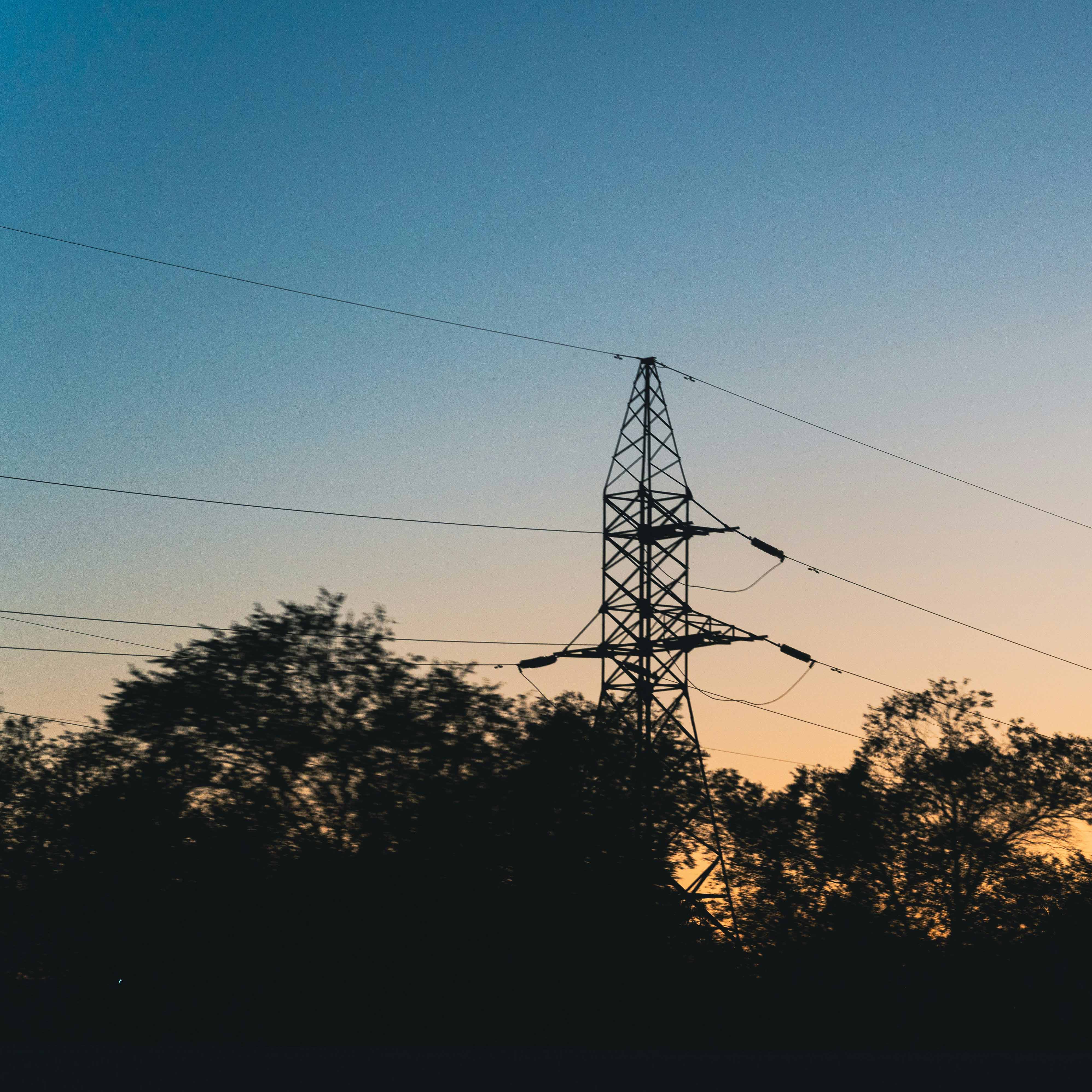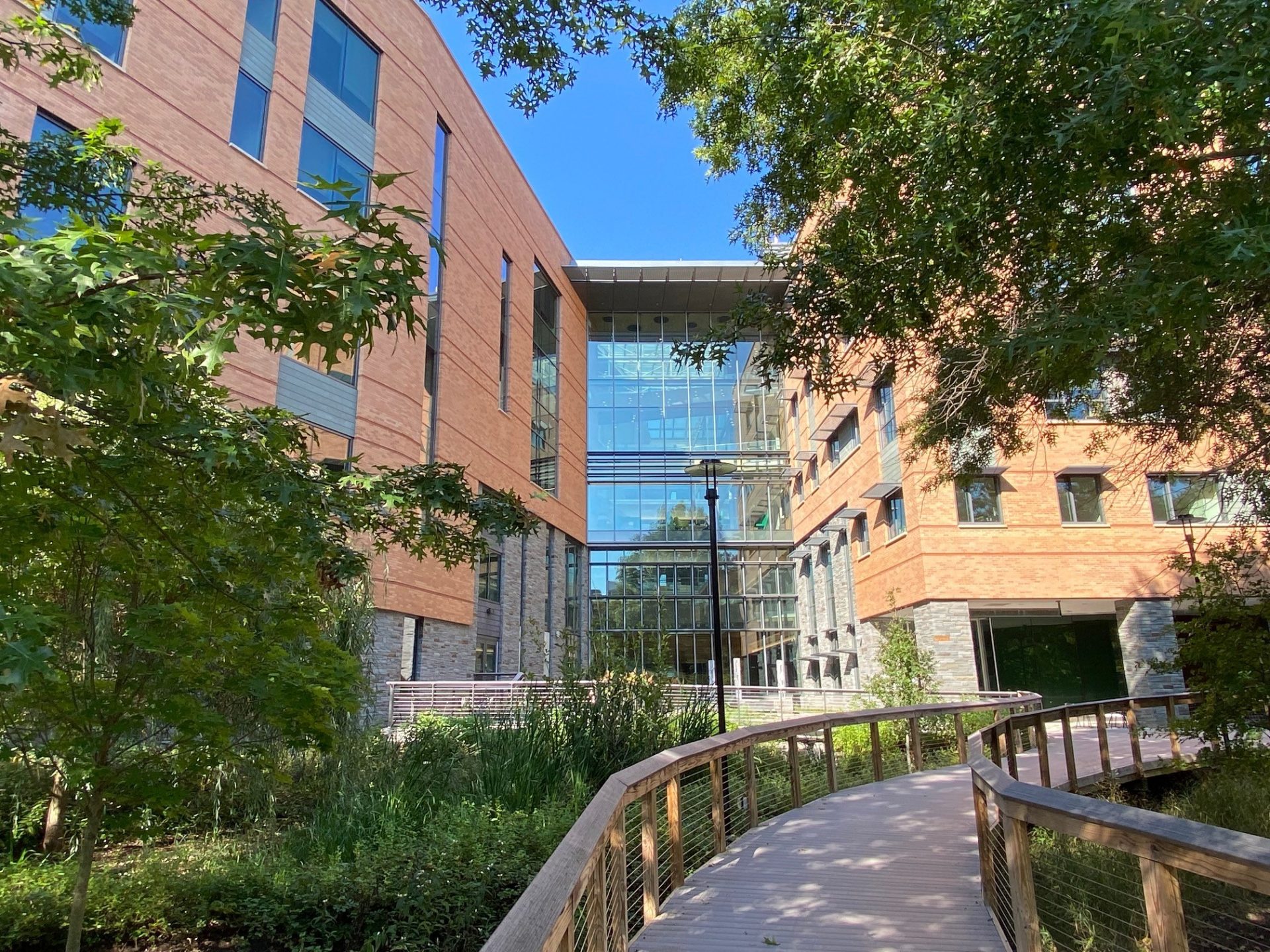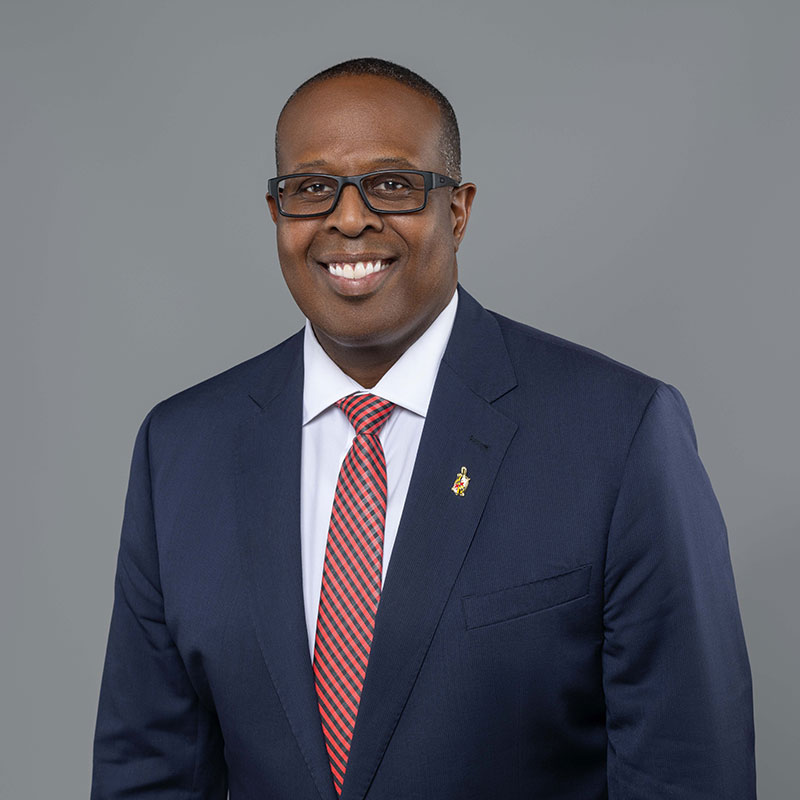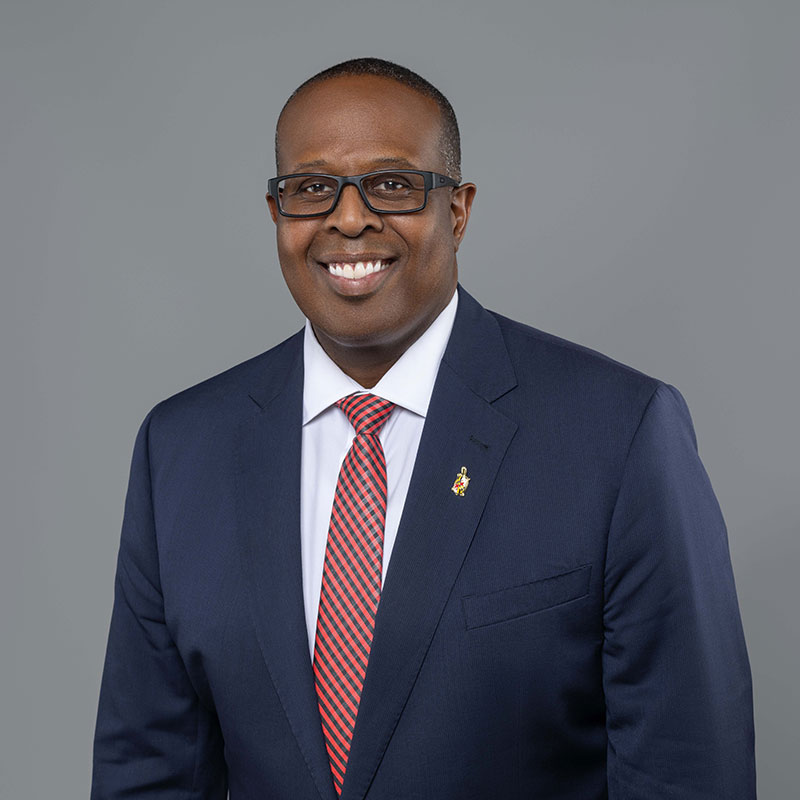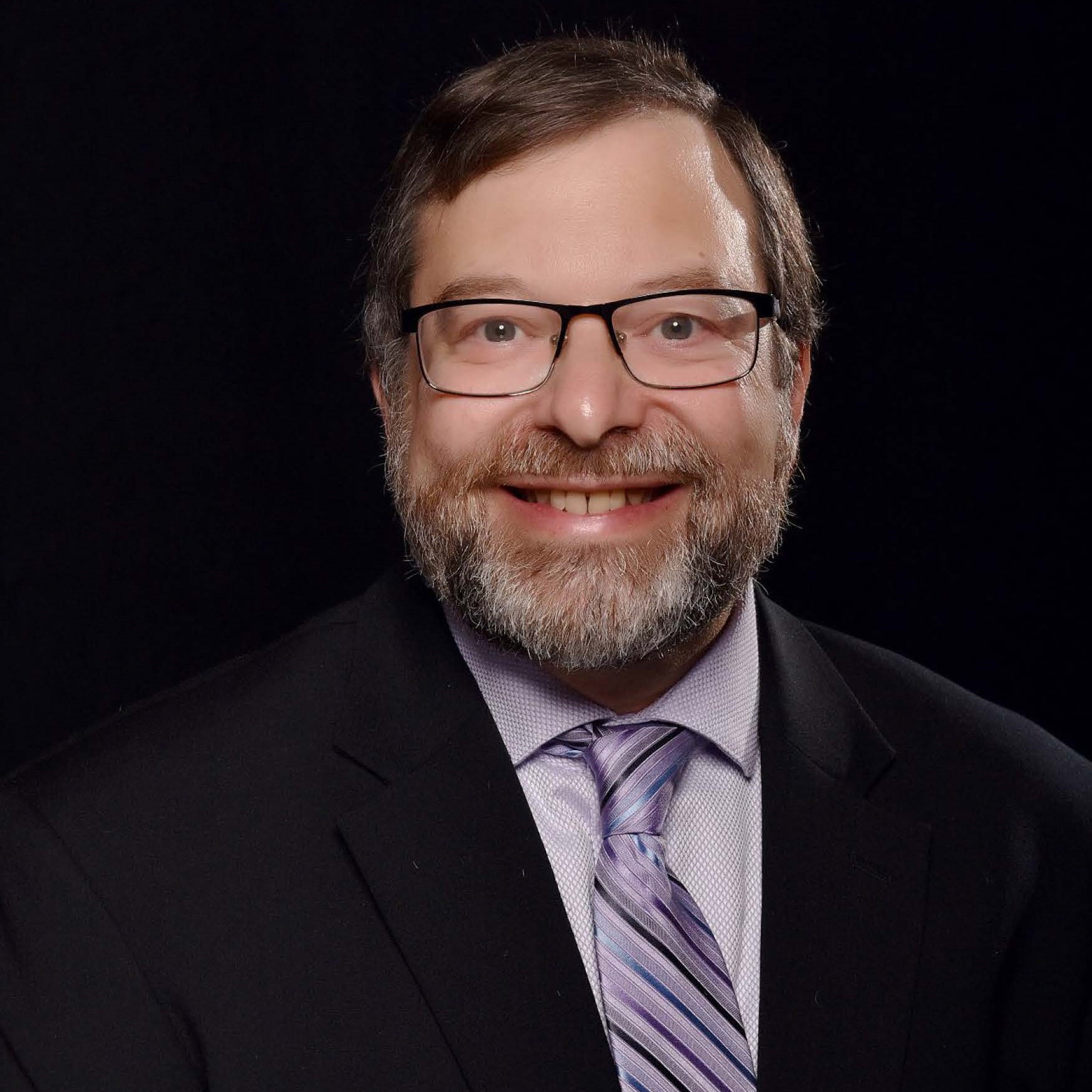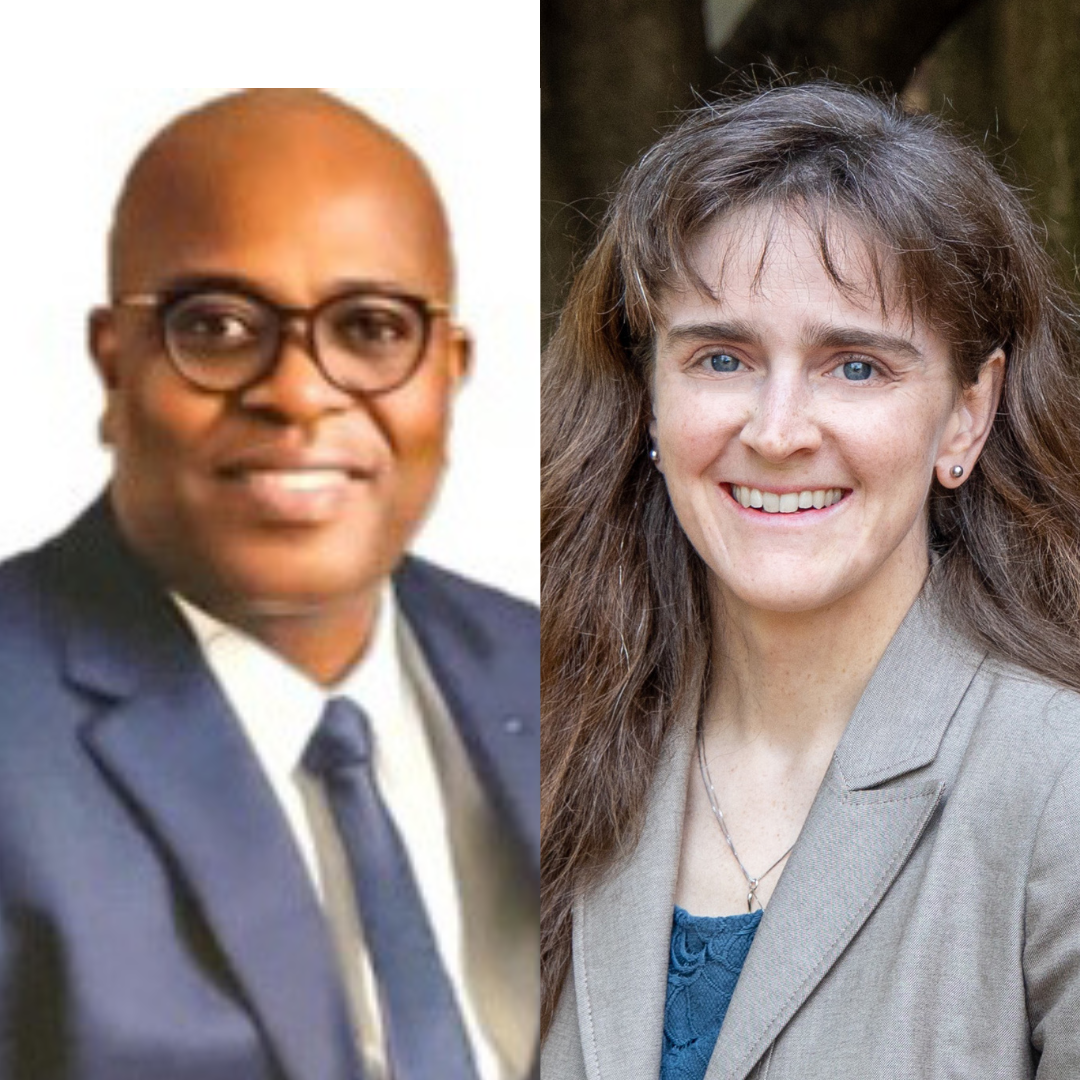News Story
New International Fire Safety Consortium Launched to Address Most Urgent Global Challenges
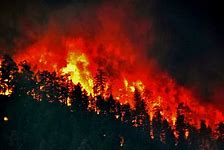
The University of Maryland has joined forces with international research partners to launch the International Fire Safety Consortium, a new global research initiative that brings together worldwide knowledge and expertise to tackle the most critical fire safety challenges.
The Consortium is led by five leading universities in fire protection engineering: the University of Edinburgh, Lund University, the University of Maryland, the University of Melbourne, and the University of Queensland. The Consortium was established to engage in research, education, and collaboration with industry, government, and non-governmental organizations to help inform policy and practice, protect property, and save lives.
Fires result in hundreds of thousands of deaths and injuries each year with financial losses estimated between 1-2% of global Gross Domestic Product (GDP), a total of approximately $76 billion USD worldwide, according to the Fire Protection Research Foundation. Due to current pivotal trends in global urbanization, climate change, human migration, and social inequality, the need to address fire safety as a humanitarian issue has become urgent.
Research shows that changes in climate lead to warmer and drier conditions and longer fire seasons, resulting in increased area burned and more frequent fire occurrence. Given this trend, combined with the substantial growth of wildland–urban interface (areas where wildland vegetation and urban buildings intermix), fire-related disasters in these areas are predicted to increase. Recent wildland fires in California and the current bushfires in Australia are examples of these major disasters.
Fire is also an increasing threat to individuals living in low- and middle-income communities across the globe, making fire safety a social equality issue. Fire statistics analysis indicates that there are significantly greater fire risks associated with living in social housing (such as Grenfell Tower in London) and belonging to lower income sectors, as well as those living in informal settlements. These higher risks and poorer outcomes are reflected in greater fatalities, injuries that leave many people with permanent disabilities, and damage to properties, infrastructure and businesses, with impacts not just of immediate economic loss, but also on broader societal development.
Researchers from the five university partners bring expertise in multiple areas, including: structural fire safety, fire development modeling, wildfires, industrial fire protection systems, fire technology design, risk analysis, fire performance-based design of buildings, fire and sustainability, sociology of technology, combustion science, fire dynamics, suppression, evacuation, intelligent egress and human behavior in fire, fire service intervention, materials and engineered timber, pyrolysis, gasification, ignition and flame spread. The five universities are all members of Universitas 21, a leading global network of research-intensive universities that empowers its members collaborate across borders and nurture global knowledge exchange.
The early discussions that resulted in the Consortium were made possible by the University of Maryland's Borderless Research Administration Knowledge Exchange (BRAKE) program, which takes a unique, proactive approach to building international research partnerships by sharing knowledge and streamlining administrative functions. The University of Maryland's Division of Research developed the BRAKE training program to help international partner institutions build expertise in research administration best practices.
The International Fire Safety Consortium will hold a workshop at the University of Maryland on February 10-13, 2020, and invite partner organizations in the Washington, DC and mid-Atlantic region to engage in discussions on global fire safety initiatives. For more information, visit the International Fire Safety Consortium website or contact Ted Knight at teknight@umd.edu.
Published January 9, 2020
